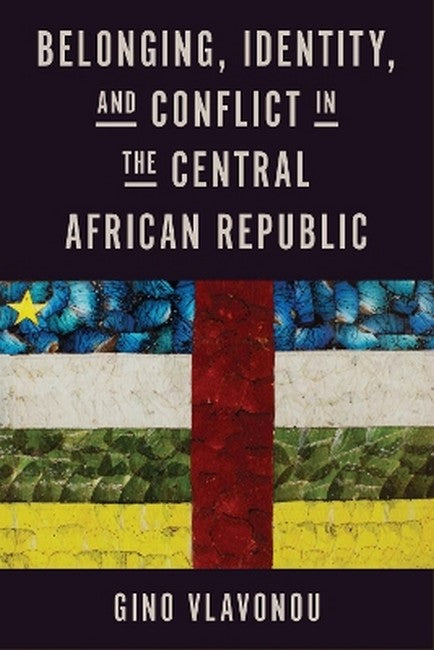Gino Vlavonou is a program officer at the Social Sciences and Humanities Research Council of Canada (SSHRC-CRSH).
Request Academic Copy
Please copy the ISBN for submitting review copy form
Description
List of Illustrations Acknowledgments List of Abbreviations Introduction 1 Autochthony without Land 2 Civil Society and Armed Actors on Becoming an Autochthonous 3 The Discursive Practices of BozizE 4 Autochthony without Land, State Policy, and Mining 5 Autochthony, the Everyday and Dynamics in the Public Market 7. Conclusion: On Mobilizing Autochthony Without Land Notes References Index
"This book convincingly demonstrates that claims to autochthony are only effective through othering and exclusion. It will be important reading for scholars studying the political, social, and economic dynamics of crisis and conflict and their effects on people's everyday lives."-Lotje de Vries, Wageningen University

